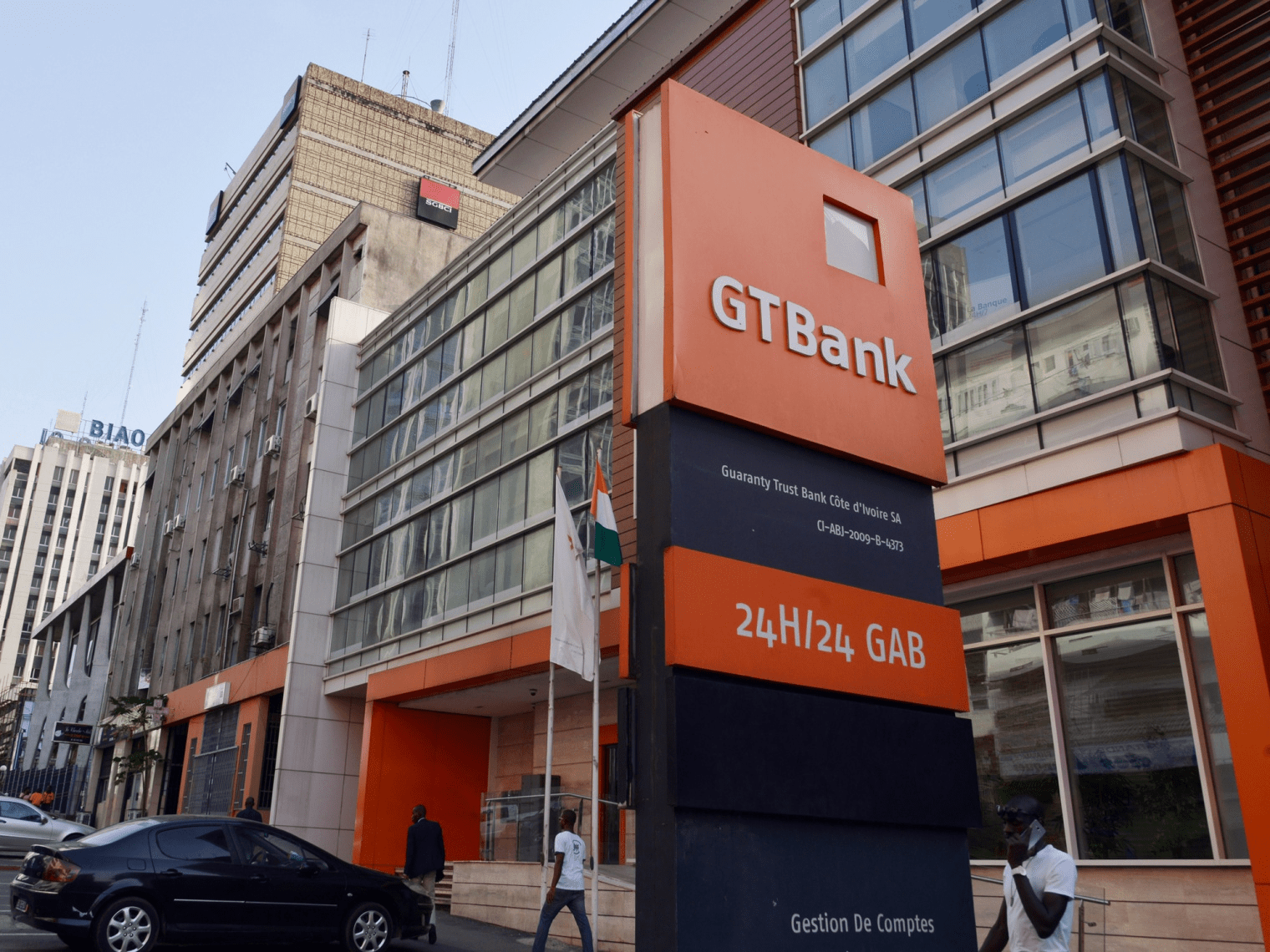…By Rosemary Tham – Lead of Card Product Management, Access Bank Ghana
In today’s increasingly digital economy, customer loyalty is no longer earned by good service alone, it is maintained by smart, relevant engagement. Loyalty programs have become critical tools in this endeavor, and their evolution in Ghana presents an exciting shift in how brands, especially within the financial sector, connect with their customers.
The concept of loyalty programs has existed for over four decades, originating in the United States where airline miles became a pioneering form of customer retention. Over time, the strategy evolved into points systems, cashback schemes, exclusive rewards, and experiential benefits across industries from hospitality to retail to banking.
While much of this evolution happened in Western markets, Ghana is quickly catching up. With the surge in digital transactions particularly driven by mobile money, e-commerce, and card payments, there is now a clear opportunity to deepen customer relationships through loyalty strategies designed for our local context.
What has changed? Quite simply, Ghanaians are transacting differently. Consumers are more open to digital channels than ever before, and financial institutions are increasingly recognizing that loyalty needs to move beyond seasonal promotions and towards long-term value exchange.
Loyalty in Ghana: Still nascent, but poised for growth
In Ghana, loyalty programs are still relatively underdeveloped, especially in the banking sector. Many consumers remain unaware of the variety of payment card products available to them; debit, prepaid, credit, and the benefits that come with each. More importantly, the idea that everyday transactions can accumulate into tangible rewards is still novel to many.
However, the tide is shifting. Across retail, telecoms, and now banking, we are witnessing more interest in loyalty infrastructure not just as a marketing gimmick but as a way to build affinity and encourage repeat behaviour. The best loyalty programs are now data-driven, personalized, and embedded seamlessly into customer journeys.
The shift from cash to card and why loyalty matters
As digital adoption increases, particularly among younger demographics and urban consumers, the use of payment cards is gaining traction. Today’s users are more likely to pay for subscriptions, shop online, or travel with their cards than they were even a few years ago. With that behaviour comes a need to acknowledge and reward usage in ways that feel meaningful.
Modern loyalty programs in the financial space now go beyond just cashback. They offer curated benefits like travel insurance, airport lounge access, merchant discounts, and points that can be redeemed across multiple platforms; from shopping to flights to hotel stays. It is not just about what customers spend but how and where they spend it.
The introduction of digital platforms that allow customers to track and redeem loyalty points in real time is enhancing transparency and reinforcing the sense of reward. These platforms allow customers to choose how they use their points, whether it’s booking a weekend getaway or topping up for groceries.
A case in progress: Banking and the loyalty evolution
In recent years, a few banks in Ghana have started rolling out full-scale loyalty programs tied directly to card usage. These initiatives reward customers for POS transactions, online payments, and other non-cash activities, encouraging a shift away from ATM withdrawals and into more formalized, traceable financial habits.
One such initiative that has garnered attention is a tier-based loyalty program launched by Access Bank (Ghana) PLC, offering points for every spend above a minimum threshold. The innovation lies in its inclusivity, targeting not just premium clients but also gradually onboarding mass market users during key campaign seasons. The goal is to make loyalty accessible, not elitist.
Early data shows promising engagement, with customers already redeeming points for merchandise, lifestyle experiences, and even airline tickets. Perhaps most significantly, these programs promote a sense of connection, reminding customers that their bank sees and values their everyday decisions.
Looking Ahead: Loyalty as a strategic lever
As Ghana’s financial landscape becomes more competitive, loyalty will become a key differentiator. But it must be more than window dressing. The future belongs to programs that are intuitive, rewarding, and emotionally resonant, ones that treat customers not just as account holders, but as valued partners in a long-term relationship.
This evolution requires education, especially around product differentiation and digital literacy. It also demands consistency. Customers must see that rewards are not occasional surprises but reliable returns for sustained engagement.
The loyalty journey in Ghana is still in its early days, but the momentum is undeniable. For those of us shaping the future of card products and customer experience, the opportunity to build genuine, data-informed loyalty is both exciting and long overdue.
The post Loyalty programs in Ghana: The next frontier in customer retention appeared first on The Herald ghana.



